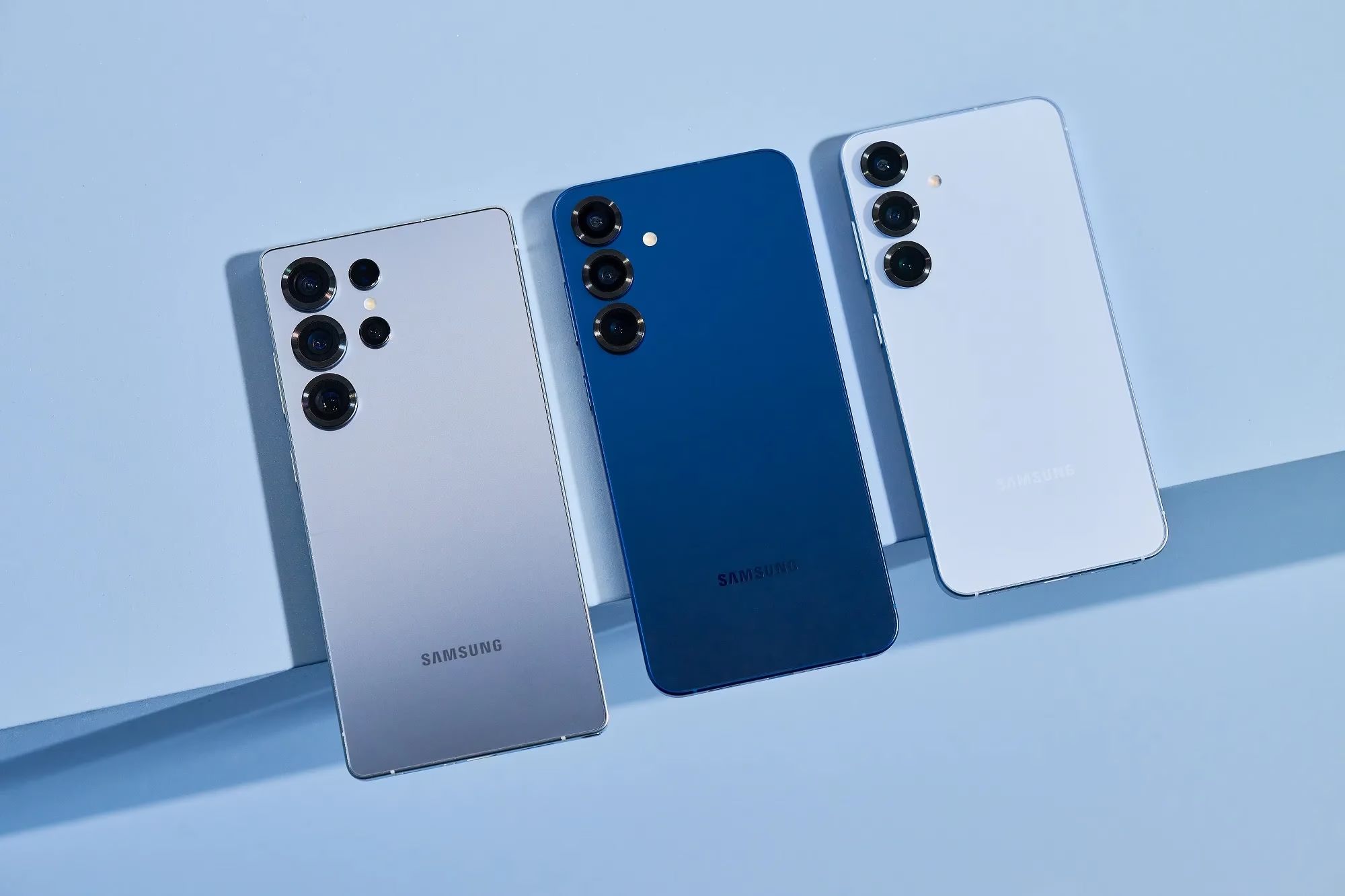Samsung’s latest smartphone, the Galaxy A17 5G, launched in India with a dazzling array of AI-powered features, from real-time call transcription to intelligent photo editing. Unveiled in August 2025, this mid-range marvel, priced at ₹27,999, promises to transform how Indian users interact with their devices, powered by the Exynos 1330 processor and Galaxy AI. But beneath the glitz lies a chilling reality: the phone’s advanced AI capabilities might be collecting more data than you realize, raising alarms about privacy in a country already rattled by data breaches. Is Samsung’s AI dream a technological triumph or a surveillance nightmare?
The AI Revolution: Galaxy A17 5G’s Game-Changing Features
The Galaxy A17 5G is Samsung’s latest bid to dominate India’s booming smartphone market, which saw a 15% year-on-year shipment growth in Q2 2025. Packed with Galaxy AI, the phone offers features like Live Translate for real-time call translations in 20 languages, Call Transcript for summarizing conversations, and Audio Eraser for removing unwanted background noise from videos. Its 50-megapixel camera, enhanced by AI-driven Generative Edit, lets users manipulate photos with ease, while Circle to Search, powered by Google’s Gemini AI, identifies objects, songs, or even addresses on-screen instantly.
Indian tech enthusiasts are buzzing. “The A17’s AI is next-level—translating calls on the fly is a game-changer for multilingual India,” posted @TechBit on X. With a 5,000mAh battery and a 6.7-inch AMOLED display, the A17 competes head-on with rivals like Vivo’s V60 (₹29,999) and Realme’s 15T (₹20,999). Samsung’s promise of five years of software updates further sweetens the deal, positioning the A17 as a value-driven powerhouse in the sub-₹30,000 segment.
The Terrifying Truth: Is Your Phone Spying on You?
But here’s the bombshell that’s sparking fear: Galaxy AI’s seamless functionality relies heavily on data collection, and Samsung’s privacy policies leave unsettling gaps. According to a 2025 TechRadar report, Galaxy AI processes user inputs like voice recordings, call logs, and photo metadata, often sending them to cloud servers for analysis. While Samsung emphasizes on-device AI for features like Live Translate, third-party integrations—such as Google’s Gemini for Circle to Search—may transmit data to external servers, raising concerns about who’s accessing your personal information.
India’s recent privacy scandals amplify these fears. In July 2025, a Kolkata phone repair shop was exposed for leaking customer data, affecting thousands of users. X posts like @Gadgetsdata’s “Samsung’s AI sounds cool, but I’m not ready to have my calls recorded forever” reflect growing unease. The Galaxy A17’s Call Transcript feature, which records and summarizes calls, explicitly requires cloud storage, and Samsung’s fine print notes that “data may be shared with third parties for service improvement.” In a country where 70% of smartphone users express privacy concerns (per a CyberMedia Research survey), this feels like a betrayal.
Why India’s Privacy Fears Are Real
India’s smartphone users, numbering over 800 million in 2025, are increasingly wary of data misuse. The 2023 Personal Data Protection Act mandates stricter consent protocols, but loopholes allow companies to collect “anonymized” data without explicit permission. Samsung’s Knox security platform, touted as a safeguard, protects against hacks but doesn’t fully address data-sharing practices. “AI needs data to learn, but Samsung isn’t clear about where it goes,” warns tech analyst Runar Bjørhovde of Canalys. Posts on X, like @stufflistings’ “Galaxy AI feels like Big Brother in your pocket,” highlight fears that features like Gallery Search, which scans photos for keywords, could expose sensitive images to unauthorized access.
Compare this to competitors: Vivo’s V60 and Realme’s 15T rely less on cloud-based AI, processing most features on-device, which limits data exposure. Apple’s iPhone 17 series, launching September 9, 2025, also emphasizes on-device AI for its A19 chip, positioning it as a privacy-first alternative. Samsung’s heavy reliance on Google’s Gemini AI, as noted in a BGR report, means it lags behind in controlling its AI ecosystem, potentially compromising user trust.
Samsung’s Defense: Innovation or Invasion?
Samsung insists its AI is safe, citing encryption and user opt-in settings. At CES 2025, the company unveiled its “AI for All” vision, emphasizing personalized experiences while claiming “robust security” via Samsung Knox. The Galaxy A17’s Advanced Intelligence menu lets users toggle AI features, but disabling them limits the phone’s appeal. “Why pay ₹27,999 for half a phone?” tweeted @yabhishekhd, echoing the sentiment of Indian buyers caught between innovation and privacy.
The stakes are high in India, where Samsung holds a 14% market share, trailing Vivo’s 16.5%. With Apple’s iPhone 17 production ramping up in Bengaluru and Realme’s 10,000mAh phone looming in 2026, Samsung can’t afford a privacy misstep. Yet, the A17’s free AI features (available until December 2025) and competitive pricing make it tempting. Will Indian consumers overlook the risks for cutting-edge tech, or will privacy fears spark a backlash?
The Verdict: A Double-Edged Sword
The Galaxy A17 5G is a technological marvel, blending AI innovation with mid-range affordability. But its data-hungry AI raises terrifying questions about privacy in a market scarred by breaches. As Indian users weigh the allure of Live Translate and Generative Edit against the specter of surveillance, Samsung must act fast to clarify its data practices—perhaps with transparent policies or enhanced on-device processing at its September 4, 2025, Galaxy Event. Until then, the A17’s brilliance comes with a dark shadow: is your phone empowering you or watching you?
Disclaimer: Privacy concerns are based on industry analysis and user sentiment. Always review Samsung’s privacy policy and adjust settings to protect your data.
Sources: TechRadar, BGR, Gadgets 360, X posts from @TechBit and @Gadgetsdata, Counterpoint Research.




